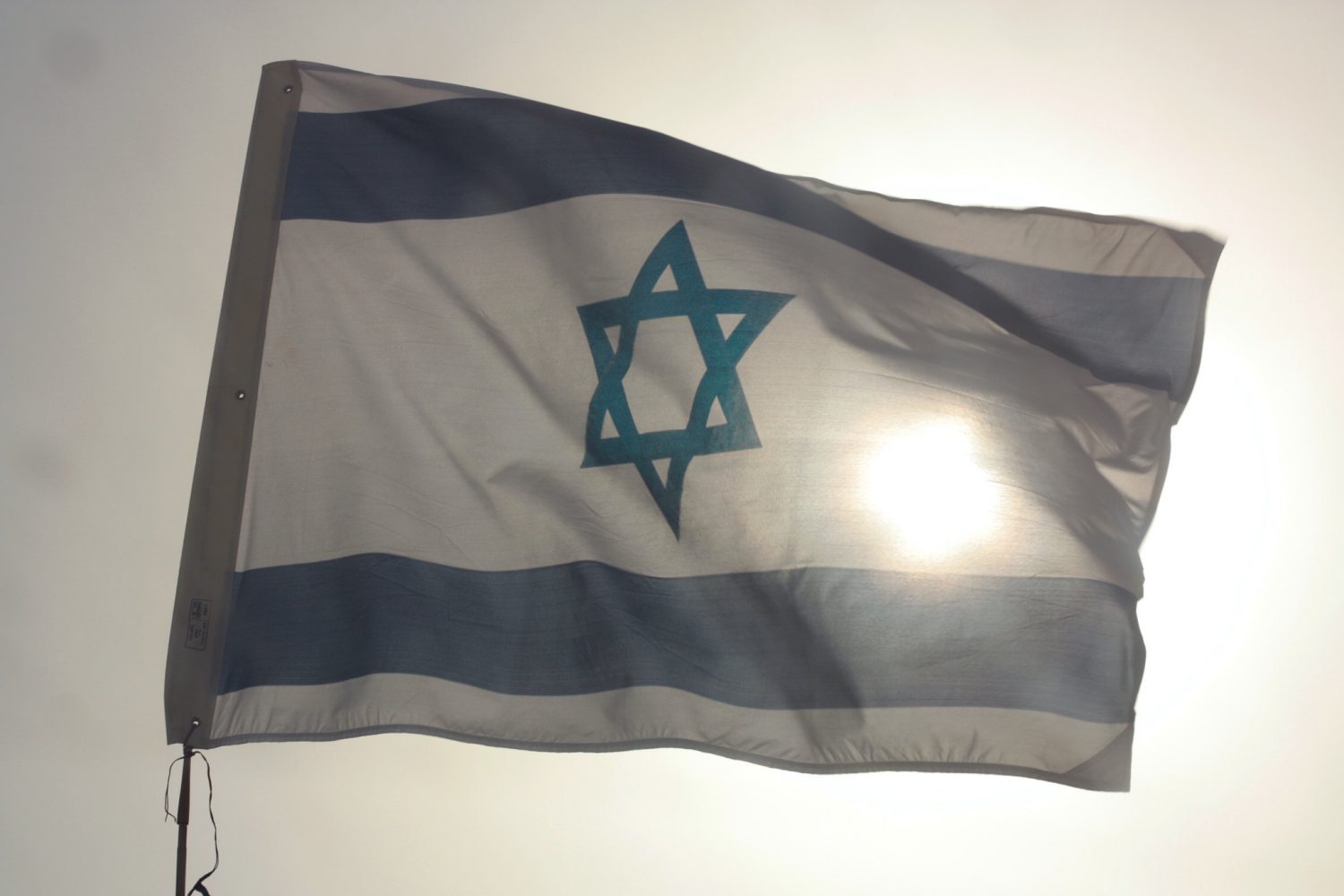Britain Is Reinforcing Israeli Apartheid
Britain is doubling down on backing Israeli apartheid through a new trade agreement and the import of goods made in illegal Israeli settlements. The UK has chosen to be an active supporter of the brutal oppression of Palestinians.

Gustavo Peres / Flickr
This month marks the fifty-fifth anniversary of Israel’s occupation of the West Bank, East Jerusalem, and the Gaza Strip, making it one of the longest military occupations in recent history. It has inflicted horrendous injustices on the Palestinian people.
The United Kingdom’s approach to the occupation has been disingenuous. On one hand, it has claimed it sought to uphold international law by noting the illegality of Israel’s network of settlements in the Occupied Palestinian Territories. On the other, it has done nothing to deter Israel from expanding them. Even worse, the UK has effectively incentivized their economic growth by failing to ban the trade in Israeli settlement goods.
Now the UK’s commitment to international law is about to be tested again as it enters into negotiations with Israel on a Free Trade Agreement to “upgrade” an existing Trade and Partnership Deal.
The UK’s current trade arrangement with Israel is a post-Brexit continuity agreement replicating the terms of the EU trade agreement that covered the UK before withdrawal from the EU.
This may all sound fairly straightforward. After all, an EU template already exists. However, Department of International Trade (DIT) civil servants tempted to copy and paste much of the EU text should think twice. As Amnesty has explained in a recent briefing to the DIT, the existing EU-Israel Association Agreement has proved entirely unable to reliably demarcate goods according to place of origin. This is a World Trade Organization (WTO) requirement, to ensure transparency and consistency in the application of trade agreements. It is also essential to avoid preferential treatment being granted to goods sourced from Israel’s illegal settlements.
The territorial application of the agreement has become a litmus test of the UK’s resolve to oppose Israel’s plans to annex the territories it occupies. If the UK gets this wrong, Israel will be able to continue to pass off goods produced within its sprawling network of illegal settlements located on stolen Palestinian land as “Place of origin: Israel.” This would incentivize Israel’s policy of settlement expansion, which it has pursued relentlessly for fifty-five years in tandem with the dispossession of Palestinians and the fragmentation of their lands. This is not only a form of creeping annexation, but is increasingly viewed in terms of apartheid.
Under the flawed EU rules, the current technical arrangement to exclude products originating in Israeli settlements from preferential market access relies on importers themselves checking postcodes listed on Israeli proofs of origin, and then relying on those importers not to claim trade preferences when postcodes indicate goods originate from Israel’s settlements. This has created an enforcement gap, because customs authorities remain largely unaware of the volumes and characteristics of goods that come from the settlements and for which preferential treatment has been wrongly claimed and granted.
In this way, international commerce has been allowed to underpin military occupation. Despite their illegality under international law, Israeli settlements in the West Bank continue to produce a wide range of industrial goods, many manufactured in purpose-built industrial districts. These goods, which are exported to Israel and to the rest of the world, include plastic and metal products, textiles, carpets, cosmetics, and processed food and wine. Add to this a range of rural products from the settlements — olives, dates, grapes, avocados, and citrus fruit — and a whole product range is being built from land that has been illegally appropriated.
Israel’s settlements are founded in dispossession, discrimination, and violence, but they’re also driven by business interests. Commercial activities are essential to virtually every aspect of the maintenance, development, and expansion of the settlements. They benefit from Israel’s unlawful confiscation of Palestinian land and other resources. They benefit from Israel’s discriminatory policies on planning and zoning, financial incentives, and access to utilities and infrastructure. Indeed, they benefit from an entire discriminatory system which Amnesty and others have shown amounts to state-organized apartheid.
Here is where Brexit rhetoric about “going above and beyond” EU rules could actually make a difference.
The UK needs to significantly improve on the current EU-Israel arrangements, plugging the gaps that allow settlement goods to come with phony “Made in Israel” labels.
First, British bureaucrats need to ensure the UK-Israel deal contains three key things: first, a clear, explicit, and unambiguous statement emphasizing the UK’s non-recognition of the Occupied Palestinian Territories as being part of the state of Israel.
Second, a definition of territorial scope that explicitly and unequivocally excludes products and services from Israeli settlements from the scope of the agreement, while not undermining any separate trade agreement reached with the Palestinian Authority.
And third, a mutually-agreed arrangement whereby so-called “preferential rules of origin” clearly prevent products originating in the settlements from being designated as originating in Israel.
In addition, the UK should once and for all ban the import of all goods produced in Israel’s illegal settlements and help put an end to the multimillion-pound profits that have incentivized mass human rights violations against Palestinians.
The stakes are high. If the human rights context is ignored, the UK will be entering into an agreement that reinforces Israel’s cruel system of apartheid against Palestinians.